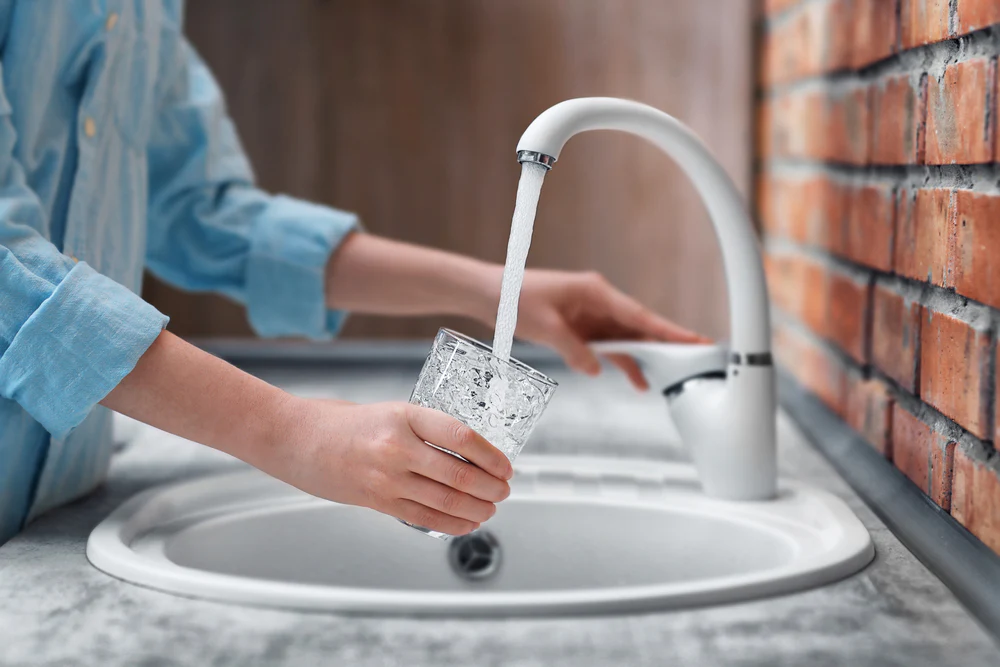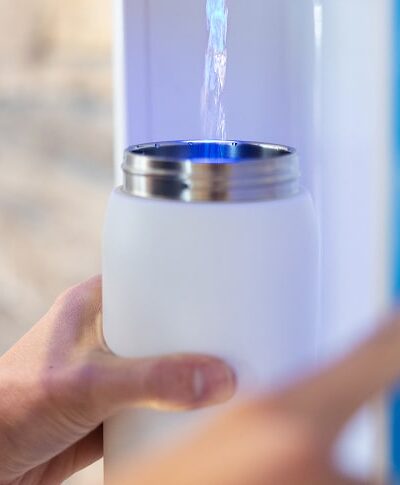In recent days, residents of DeKalb County, Georgia, have been facing a significant water boil advisory due to a major water main break on Clairmont Road. This break, caused by an old cast iron pipe installed in 1941, has impacted nearly 8,800 households and 20,000 residents in the Toco Hills area and surrounding neighborhoods.
What Does a Boil Water Advisory Mean?
A boil water advisory is issued when the water supply may be contaminated with harmful microorganisms. During this time, residents are advised to boil water for at least one minute before using it for drinking, cooking, or brushing teeth.
Impact on the Georgia Communities
The advisory has caused significant disruptions, with residents experiencing low to no water pressure and some temporarily losing water service entirely. Local businesses have also been affected, with owners expressing concerns about the impact on their operations. Emory University and Children’s Healthcare of Atlanta Arthur M. Blank Hospital have taken measures to provide safe water to their communities.
Steps to Take During a Boil Water Advisory
- Boil water for at least one minute before using it for drinking, cooking, or brushing teeth. Visit the CDC for more details and information
- Avoid using tap water for hand washing, bathing, or brushing teeth.
- Use disinfectants like bleach to clean surfaces and utensils.
- Follow guidance from local health officials and stay informed about updates.

Community Support and Resources
DeKalb County has set up several distribution centers where residents can obtain free bottled water. These locations include Fire Station 1, Fire Station 3, Fire Station 7, Fire Station 9, Fire Station 20, and RaceTrac on Clairmont Road.
The county is working diligently to repair the broken pipe and restore normal water service. In the meantime, residents are encouraged to conserve water usage and stay informed through official county communication channels.
What Causes Water Bottle Advisories?
Water boil advisories are typically issued when there is a risk of water contamination that could lead to illness if consumed. The most common causes include:
Aging Infrastructure
Aging water infrastructure is a significant factor contributing to boil water advisories. Many water systems in the United States and around the world were built decades ago and are now reaching the end of their useful life. As these systems age, they become more prone to leaks, breaks, and failures. For example, water main breaks can introduce contaminants into the water supply, necessitating a boil water advisory until the issue is resolved. The American Society of Civil Engineers (ASCE) reports that a water main breaks every two minutes on average, highlighting the urgent need for infrastructure improvements.
Natural Disasters
Natural disasters, such as floods, hurricanes, tornadoes, earthquakes, and wildfires, can severely impact water systems. These events can damage water treatment facilities, distribution networks, and water sources, leading to contamination. For instance, flooding can introduce harmful bacteria, chemicals, and other pollutants into the water supply. As climate change increases the frequency and intensity of natural disasters, the risk of water contamination and subsequent boil water advisories also rises.
Climate Change
Climate change exacerbates both aging infrastructure and natural disasters, further increasing the likelihood of water boil advisories. Rising temperatures, more intense storms, and shifting weather patterns can strain water systems and lead to more frequent and severe contamination events. Additionally, climate change can cause droughts, which reduce water availability and increase the concentration of contaminants in the remaining water supply.
What We Can Do to Prevent Future Water Boil Advisories
While water boil advisories are sometimes unavoidable, there are several steps we can take to reduce their frequency and impact. Here are some proactive measures:
Advocate for Infrastructure Investment
One of the most effective ways to prevent water boil advisories is to advocate for increased investment in water infrastructure. This includes:
- Modernizing aging pipelines to prevent leaks and breaks.
- Upgrading water treatment facilities to ensure they can handle higher loads and new contaminants.
- Implementing advanced monitoring systems to detect issues before they become major problems.
You can support these efforts by contacting your local and state representatives and urging them to prioritize funding for water infrastructure projects.
Support Climate Change Mitigation Efforts
Climate change significantly impacts the frequency and severity of natural disasters, affecting water quality. By supporting policies and initiatives that address climate change, such as reducing greenhouse gas emissions and promoting renewable energy, we can help mitigate these effects. This includes:
- Supporting legislation aimed at reducing carbon emissions.
- Participating in community initiatives that promote sustainability and environmental protection.
- Adopting personal practices to reduce your carbon footprint, such as using energy-efficient appliances and reducing plastic waste.
Improve Community Preparedness
Communities can also take steps to improve their preparedness for water boil advisories and other emergencies. This includes:
- Developing emergency response plans that include guidelines for water usage during advisories.
- Educating residents about the importance of water conservation and proper boiling techniques.
- Establishing local water distribution centers to ensure access to safe drinking water during advisories.
Stay Informed and Engaged
Staying informed about local water issues and engaging with your community can help ensure that you are prepared for any potential advisories. This includes:
- Signing up for local alerts and notifications from your water utility.
- Participating in community meetings and discussions about water quality and infrastructure.
- Supporting local water initiatives and volunteering with organizations that work to protect and improve water resources.
By taking these proactive steps, we can work together to reduce the likelihood of water boil advisories and ensure safe, reliable water for all.
Conclusion
Water boil advisories can be inconvenient and disruptive, but they are crucial for ensuring public health and safety. By following the recommended precautions and staying informed, residents can navigate these challenges and protect their health. Together, we can take steps towards a safer, healthier future by staying informed, advocating for improved water infrastructure, and supporting climate change initiatives.
Stay safe!
Sources:




